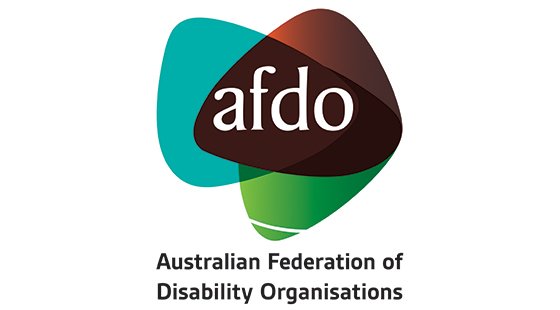-
Fair Australia | Charter for Disability
Commit to a Disability Inclusive and Equitable Australia by 2031
o Achieve participation and inclusion of people with disability in all aspects of society.
o Develop and commence delivery on all Charter commitments within the first 12 months of the new government’s term.
By:
1. Government to Lead on Inclusion & Equity
o Establish a Department of Disability, Equality, and Inclusion: With a dedicated Cabinet level Minister to lead on disability rights, equality, and inclusion by committing to action in full recommendation 5.6 from the Disability Royal Commission.
o Develop Department Co-Design and Consultation Capacity: Establish the department as a beacon for best practice in co-design & consultation, by building and providing a cross government central advisory capability to ensure people with disability their families & representative organisations shape all relevant policies and reforms.
o Public Sector Employment and Accessibility: Require government departments & agencies to achieve a workforce of at least 15% of employees identifying as people with disability across all levels and ensure all public buildings adhere to universal design and digital services are fully accessible.
o Implement a Disability Procurement Policy: Adopt a procurement policy mandating accessibility and diversity in all government contracts, setting a standard for inclusion in public and private sectors.
o Annual Measurement: Establish annual, transparent, public reporting on key metrics across whole of government and agencies that are meaningful to people with disability - such as disability employment rates, tertiary entry and completion rates, accessibility improvements, and participation levels in public services & community.
2. Empower the Voice of People with Disability
o Transparent, Equitable, and Principle-Based Funding for Disability Representative Organisations (DROs), to be codeveloped by national peak Disabled People’s Organisations. These funding principles will ensure that all DROs are well-positioned with continuity of funding to prioritise and engage effectively with government on behalf of people with disability. This must also ensure appropriate levels of funding are provided for disability individual advocacy and disability legal advocacy organisations
o Mandatory Co-Design of Disability-Focused Policies: Implement co-design requirements for all policy areas which predominantly impact people with disability, including within healthcare, education, employment, housing, and transport. Ensure this includes marginalised disability cohorts disproportionately experiencing poorer outcomes including people with high support and dependency needs.
o Access to Resources for Inclusive Communities: Provide sustainable funding for nationally consistent foundational supports. This is to enable inclusive communities covering areas of independent living, community access, and accessible transportation.
3. Enable Inclusion within Australia’s workplaces, educational settings and communities
o Mandatory reporting by employers and education settings: Employers with 100+ staff: Require annual reporting on the percentage of employees with disability and their pay levels. All educational settings: Require annual reporting on the percentage of students with disability, year or course completion and dropout rates
o Disability Confidence Scheme for Employers and Educators: Launch an accreditation program recognising employers, and all educational settings that actively exhibit inclusive practices and environments for people with disability.
o Invest in Public Awareness Campaigns: Fund initiatives to promote understanding, inclusion, challenge stereotypes, encourage inclusive employment and community participation.
This comprehensive Charter drives inclusion, accessibility, and equality across multiple areas of Australian life, setting measurable goals for government and private sector alike.






